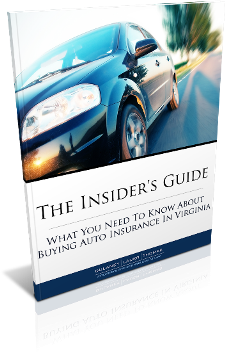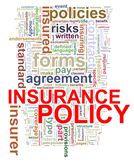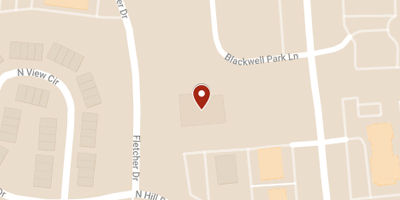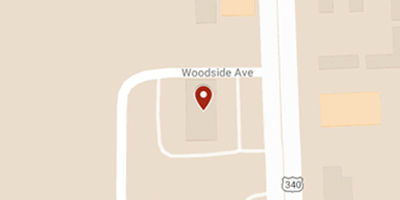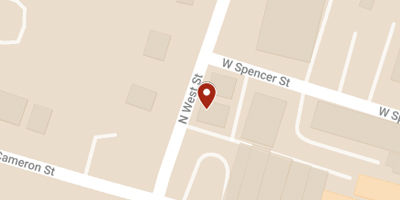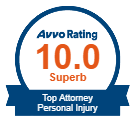.jpeg) Drunk driving accidents are a serious issue in Virginia and other states across the country. Especially concerning are drunk driving accidents that involve teenagers, who are not even old enough to drink legally yet they can cause serious car accidents that destroy their own lives and the lives of others. The statistics are grim. According to the NHTSA, 27% of 15- to 20-year-old drivers who were killed in motor vehicle crashes in 2021 had been drinking. What can be done to convince young drivers that driving under the influence of alcohol is dangerous and deadly?
Drunk driving accidents are a serious issue in Virginia and other states across the country. Especially concerning are drunk driving accidents that involve teenagers, who are not even old enough to drink legally yet they can cause serious car accidents that destroy their own lives and the lives of others. The statistics are grim. According to the NHTSA, 27% of 15- to 20-year-old drivers who were killed in motor vehicle crashes in 2021 had been drinking. What can be done to convince young drivers that driving under the influence of alcohol is dangerous and deadly?
What Can Be Done to Reduce Teen Drinking and Driving?
Experts have long tried to find ways to reduce the number of teenagers who drive while intoxicated, and some measures appear to have been successful. For example, raising the drinking age from 18 to 21 appears to have reduced alcohol-related accidents in teens aged 18 to 20 by 59%. However, sometimes a more visceral and emotional appeal is needed to really convey the dangers of drunk driving to high-school-aged drivers, who often behave as though they are invincible.
Preventing teen drinking and driving is crucial to ensure the safety of young drivers and others on the road. Parents, educators, and communities can play a significant role in reducing the risk of this dangerous behavior. The following efforts can influence teens to make better decisions:
- Open communication. Encourage open and non-judgmental communication between parents and teens about alcohol and its risks. Make it clear that they can come to you with questions or concerns.
- Establish clear rules. Create household rules regarding alcohol consumption and driving. Set clear consequences for violating these rules and enforce them consistently.
- Educate about the consequences. Ensure that your teen understands the legal consequences of underage drinking and driving, including fines, license suspension, and potential criminal charges.
- Provide alternative transportation. Make sure your teen knows they can call you or another trusted adult for a safe ride home if they find themselves in a situation where they've been drinking.
- Limit access to alcohol. Keep alcohol in your home secure and out of reach of your teen. Monitor the alcohol supply to ensure it remains untouched.
- Know your teen's friends. Get to know your teen's friends and their parents. Establishing connections with other families can help reinforce responsible behavior.
- Stay informed. Keep yourself informed about local and state laws related to underage drinking and driving. Understand the penalties and consequences that your teen could face.
- Use technology wisely. Some smartphone apps can help monitor your teen's driving habits and provide feedback on their behavior behind the wheel.
- Encourage responsible hosting. If your teen attends parties or gatherings at friends' homes, encourage the hosts to provide alcohol-free options and to prevent underage drinking.
Preventing teen drinking and driving requires a combination of education, communication, and setting a positive example. Motivational speaker Sarah Panzau brings all of these together when she speaks to teens about the dangers of drinking and driving.
Drunk Driving Crash Survivor Sarah Panzau Speaks to Teens
That false feeling of invincibility is one attitude that speakers like Sarah Panzau are trying to change as she appears before students in Virginia and elsewhere. Panzau was seriously injured in a DUI accident in 2003, when she was thrown through the rear windshield of her car. She had not been wearing a seat belt, and toxicology tests later revealed her BAC to be four times the legal limit. She was believed to be dead at the scene of the crash, but Panzau did survive and now travels as a motivational speaker. She hopes that her harrowing tale of survival, surgery, and rehabilitation will encourage young drivers to think twice before they drink and drive.
Panzau is a powerful speaker because she is a living, breathing example of the serious consequences that motorists who drink and drive can experience in an alcohol-induced accident. She lost an arm and has endured 30 surgeries to correct the damage to her body caused by the accident. However, in a way Panzau is lucky. She did not hurt or kill anyone else when she crashed, and her visible self-inflicted injuries give her story an impact that it might not otherwise have. Her teen audiences may be more moved by her personal, visible tale of suffering than they would be if she were talking about an absent person who had been wrongly killed or injured.
It is admirable that Panzau has dedicated her life to spreading the message among teens that drinking and driving can result in terrible consequences. If only one teenager thinks twice before getting behind the wheel while intoxicated, then her efforts will have been worthwhile.


